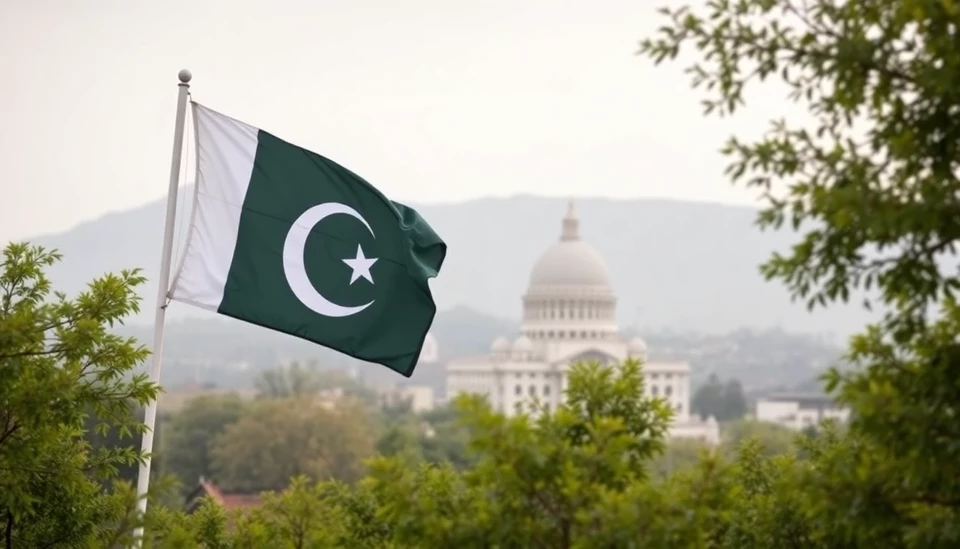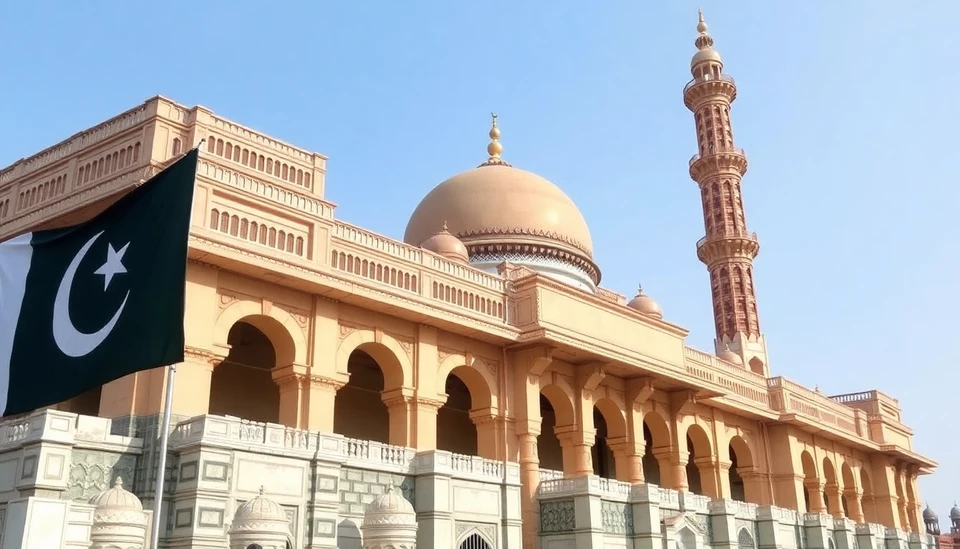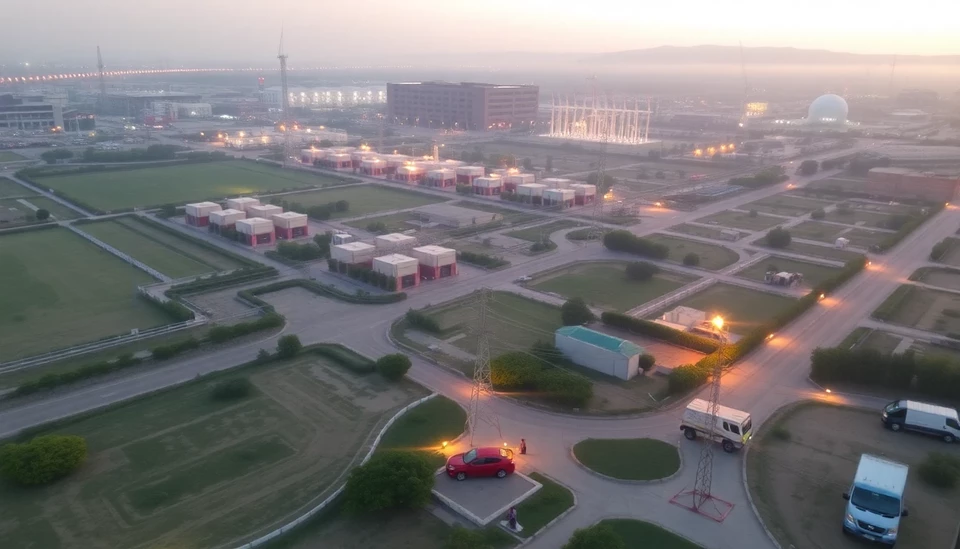
In a notable turn of events for Pakistan's economy, recent data indicates a significant decrease in the country's inflation rates. This easing of inflation is bringing optimism that the central bank may soon reduce its policy interest rates, benefiting various sectors and consumers alike.
The State Bank of Pakistan (SBP) reported that inflation dropped to its lowest level in several months, attributed to improved supply chains and a stabilization in energy prices. In December, the annual inflation rate fell to 10.5%, a considerable dip from the previous month's figure, suggesting that the government's measures to control rampant price increases are starting to take effect.
These positive indicators have led to discussions among economists and policymakers about the potential for rate cuts in early 2025. With inflation stabilizing, the SBP may be compelled to adjust its monetary policy to spur economic growth, which has been sluggish in recent years due to high inflationary pressures and global economic uncertainties.
Industry experts predict that a cut in policy rates could lower borrowing costs for businesses and consumers, thereby encouraging investment and spending. This could create a ripple effect, boosting overall economic activity and aiding in job creation while simultaneously strengthening the national currency.
Furthermore, the central bank has indicated its commitment to monitoring inflation trends closely, suggesting that any decision to modify rates will be guided by ongoing economic conditions. If the downward trend in inflation continues, it may create a conducive environment for the KSCO to implement measures aimed at stimulating growth.
In the public sphere, the declining inflation rate is expected to bring immediate relief for consumers who have faced rising costs of living in recent years. Lower prices in essential goods and services will directly impact household budgets, providing families with more financial breathing room.
However, economists caution that although this positive shift in inflation is encouraging, Pakistan must remain vigilant. Global economic factors, including oil prices and trade dynamics, could still pose challenges and reverse these gains in inflation control. Therefore, a cautious yet optimistic approach is advocated, where growth is pursued while anchoring inflation stability as a priority.
As stakeholders in the economy keep a close watch on future developments, the outlook for 2025 is imbued with hope for recovery and growth, heralding a pivotal moment for Pakistan's fiscal policy and economic landscape.
#Pakistan #Inflation #EconomicGrowth #InterestRates #StateBankOfPakistan #PolicyRateCuts #ConsumerRelief #FiscalPolicy
Author: Rachel Greene




